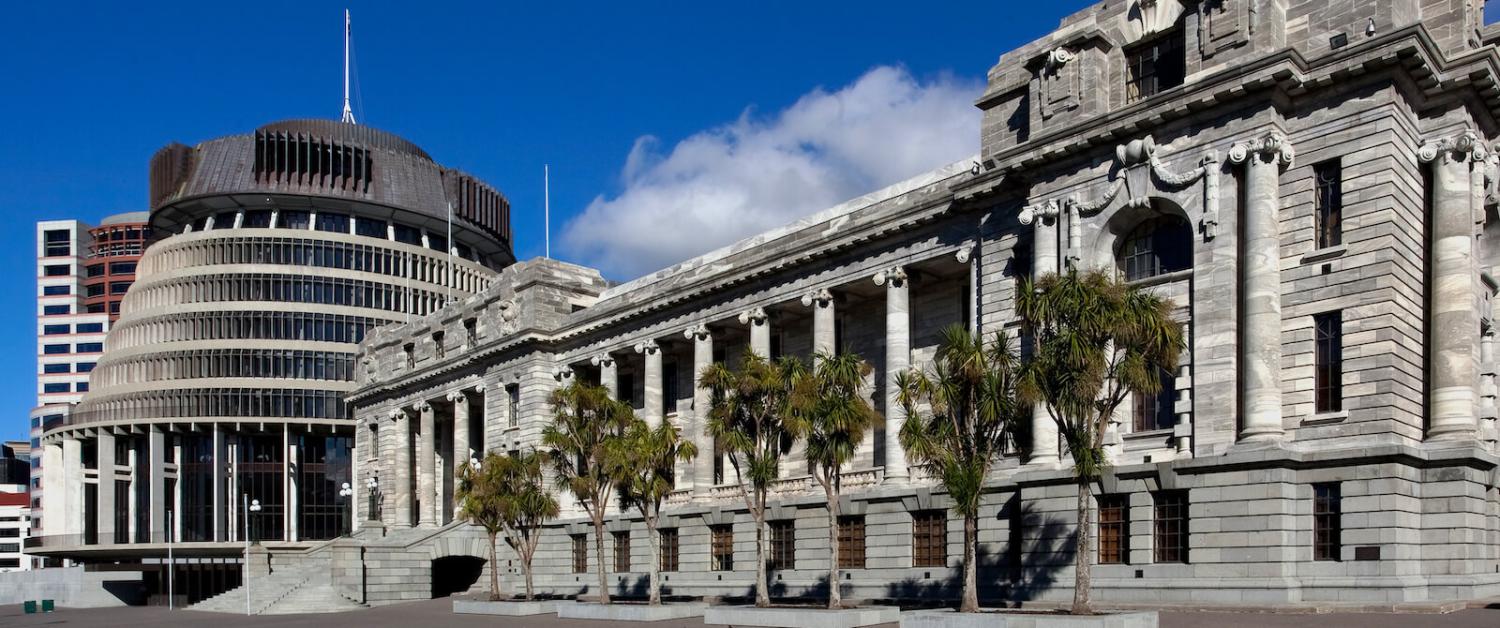Nice try, you might say. Huawei has proposed a purely Kiwi workforce to assuage New Zealand’s concerns about the Chinese company’s potential involvement in developing 5G infrastructure.
That might not be enough if Wellington shares the full extent of its Five Eyes partners’ concerns about what Huawei’s involvement might bring. But even if a workaround can be found, it won’t be enough to bring a new period of untrammelled mutual respect and win-win cooperation to New Zealand-China relations.
New Zealand’s growing alignment with a faux Cold War posture runs against the tradition of foreign policy autonomy that Labour-led governments have cherished in recent decades.
Whatever might be thought of Huawei’s links to the Chinese system, it is an internationally recognised company competing for IT market share. It is not a diplomatic partner. And while much may have been read into New Zealand’s decision to exclude Huawei from 5G participation, the GCSB and responsible minister Andrew Little had strict legislative requirements to fulfil and fall back on.
The same could not be said for the most recent chapter in New Zealand-China cyber relations.
In December, Wellington finally joined the US-led chorus of countries calling out China for nefarious cyber activities. This time the GCSB’s statement spoke of “links between the Chinese Ministry of State Security and a global campaign of cyber-enabled commercial intellectual property theft” which “targeted the intellectual property and commercial data of a number of global managed service providers, some operating in New Zealand.”
In the past, New Zealand governments had been willing to name North Korea and Russia as violators of internationally understood cyber rules of the game. Successive prime ministers had been reluctant to add China to that list. This has now changed.
Not long ago, New Zealand was citing the People’s Republic as a “strategic economic partner” and more generally as a “strategic partner.” As David Capie has noted, that sort of terminology was conspicuously absent from last year’s Strategic Defence Policy Statement which made very pointed observations about China’s behaviour in the South China Sea. Those comments have hardly smoothed the road for the negotiation of an upgraded Free Trade Agreement between the two countries. And while that trading relationship remains crucial to New Zealand’s prosperity, Wellington now has a publicly adverse view of Beijing’s approach to the IT dimension which imbues so many commercial activities in the 21st century.
But wait, there was even more to the 2018 downturn in New Zealand–China relations.
In December, New Zealand Foreign Minister Winston Peters was giving an address in Washington DC where he implored the United States to extend its strategic competition with Beijing into the South Pacific. (He even managed to draw a parallel to America’s engagement in the Pacific War in 1942!) As was the case in his speech to the Lowy Institute in early 2018, in which he was asking for Australia’s help in New Zealand’s time of need, Peters did not specifically name China as the actor he was most concerned about.
But he didn’t need to.
This shift may please friends in Canberra, Washington, and Tokyo, who view China as an unrelenting full-spectrum menace. But New Zealand’s growing alignment with a faux Cold War posture runs against the tradition of foreign policy autonomy that Labour-led governments have cherished in recent decades. And the South Pacific angle could easily upset New Zealand’s normal view that the last thing it needs is intensified great power competition in its immediate region. We don’t have to look too far back in Australian strategic policy (see Section 4.10 of the 2000 Defence White Paper) to see a similar principle in operation but presumably, Canberra gave up on that idea quite some time ago.
There is one final, very small, fly in the ointment. It would be one thing to add New Zealand’s principled voice to an ensemble of China concern if the choir was unified and led by an internationally respected conductor. But has anyone seen how today’s conductor is behaving? In Trump’s universe, traditional allies and close partners are at best expendable and at worst counter-productive. To the 45th president, the rules-based order is barely relevant, including as it applies to trade. Things would be even worse if any of New Zealand’s remaining five eyes partners weren’t outward-looking models of political reasonableness.
One of Jacinda Ardern’s challenges for 2019 is to reinstate China’s importance as a bilateral and multilateral trade partner and to find some room for Beijing in New Zealand’s evolving conception of the international order. The prime minister needs to bring some balance back into her government’s foreign and defence policy, where Peters and his New Zealand First colleagues have been having a field day. But especially in light of Beijing’s reprehensible conduct in Xinjiang, in which case, to borrow the prime minister’s own words, New Zealand needs to begin “Speaking up for what we believe in, standing up when our values are challenged”, this necessary readjustment will not get any easier for Wellington.


